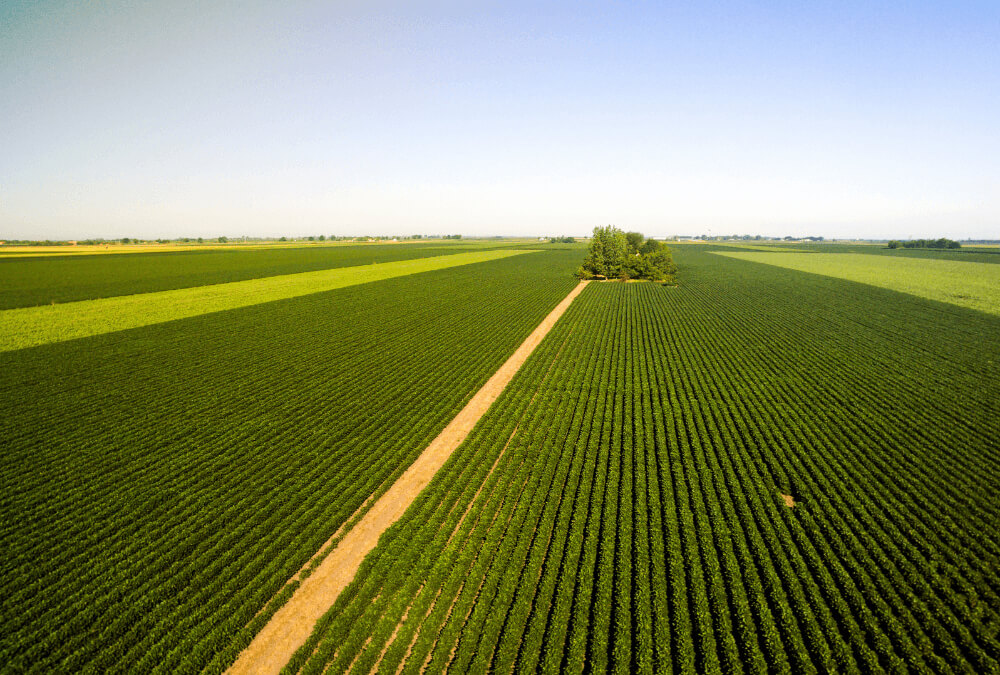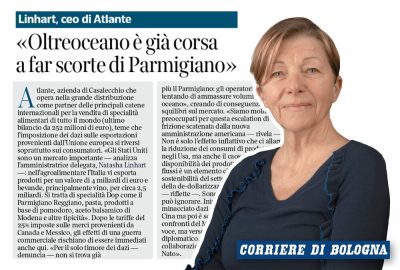Atlante
News
Can Soya production (and Vegans) be held responsible for deforestation?

12 April 2023
The issue of deforestation linked to soyabean production has been the subject of debate and controversy for many years. Vegans and their plant-based diet, in particular soya consumption have been, either directly or indirectly blamed for deforestation. The reality is much more complex than it may seem and is the topic of discussion in this article.
Soya and deforestation, what are the connections?
Soyabean production clearly has a significant impact on the environment and biodiversity. Soya cultivation requires large amounts of water and the use of pesticides and chemical fertilisers can cause soil and groundwater pollution. In addition to this, cutting down trees to make room for soya cultivation can lead to the loss of habitat for various animal and plant species.
However, it is important to note that most of the soya produced globally is fed to livestock for the production of meat and dairy products. In a nutshell, it is clear the main cause of soy-related deforestation is the animal derivatives industry. According to a 2018 study published in Science, the consumption of meat and dairy products is responsible for 60% of deforestation worldwide. The report also points out that soya for the livestock industry often comes from previously deforested land.
Are vegan diets the cause of deforestation?
The ‘blame’ for deforestation, as we have seen, certainly cannot be attributed solely to soya production but rather to the mis–management of natural resources and agricultural practices that are no longer sustainable. It is important, therefore, to find effective solutions to reduce the environmental impact of soya, for example, through the promotion of sustainable agricultural practices, the adoption of innovative technologies and the reduction of food waste.
According to Our World in Data, only 6% of the soya produced globally goes into the production tofu, tempeh or soya beverages, just some of the foods in a plant-based diet. A relatively insignificant percentage when compared to the 77% of total production that is used to feed animals as mentioned previously.
To conclude, the issue of deforestation linked to soya production is complex and it requires careful analysis and a truly sustainable solution. If we are to avoid blaming specific diets or groups of people for a problem that affects us all, a collective approach is needed on the issues of deforestation and environmental sustainability as a whole.





